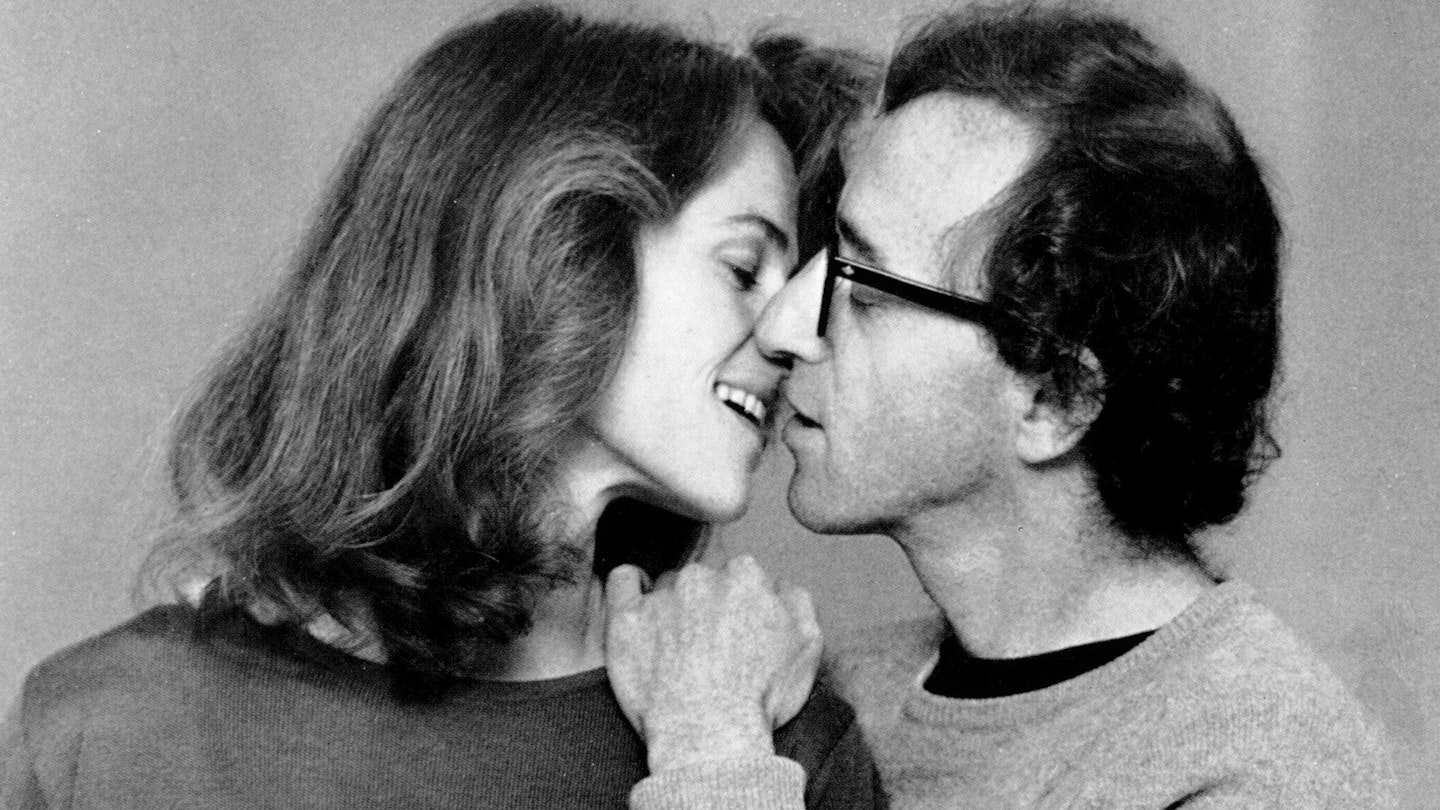Stung by a hostile article by novelist Joan Didion and the Academy's snub to Interiors (1978), Woody Allen changed the tone of this treatise on creativity and celebrity so that an amusing soul-searching became a sour, disillusioned assault on the critical community and the movie-going public. Basing his living nightmare on Judith Crist's Tarrytown seminars, Allen launched a pitiless fusilade against gnomic academics, sycophantic columnists and fans in all their eager ignorance. But the people he was most scathing towards were the liggers who hoped to cash in on their encounters with the famous, by pushing a script, seeking charitable patronage or simply putting a high-profile notch on their bedpost.
Indeed, had Allen not met Mia Farrow during post-production and embarked upon a new romance, this might have been an even more pessimistic diatribe, as he resisted the temptation to kill off one character and decided to leave Sandy feeling vaguely positive about his relationship with Isobel, despite the mixed response accorded the movie that had near driven him to distraction.
Although it occasionally referenced Ingmar Bergman, Stardust Memories was very much Woody Allen's 8 1/2. Indeed, he even opened it with a train sequence that echoed the ending that Federico Fellini had discarded from his 1963 reverie on the torment of creative block. But while Sandy's angst recalled that of Fellini's alter ego, other incidents were clearly autobiographical. Dorrie, for instance, was modelled on Allen's ex-wife, Louise Lasser (who took an uncredited cameo, along with many other satirical victims), while Og the alien got to repeat the fans' favourite lament by asking Sandy why he no longer made movies like his `early funny ones'.
But critics and audiences alike found Gordon Willis's wide-angled close-ups unnecessarily cruel and the edge imparted by new art director Santo Loquasto and editor Sandy Morse a touch too strident. Moreover, the murder of John Lennon shortly after the film went on release eerily mimicked Sandy's dream of dying at the hands of a demented devotee and added to the melancholic mood that has since hung over this frank, if ungallant confessional tirade.
